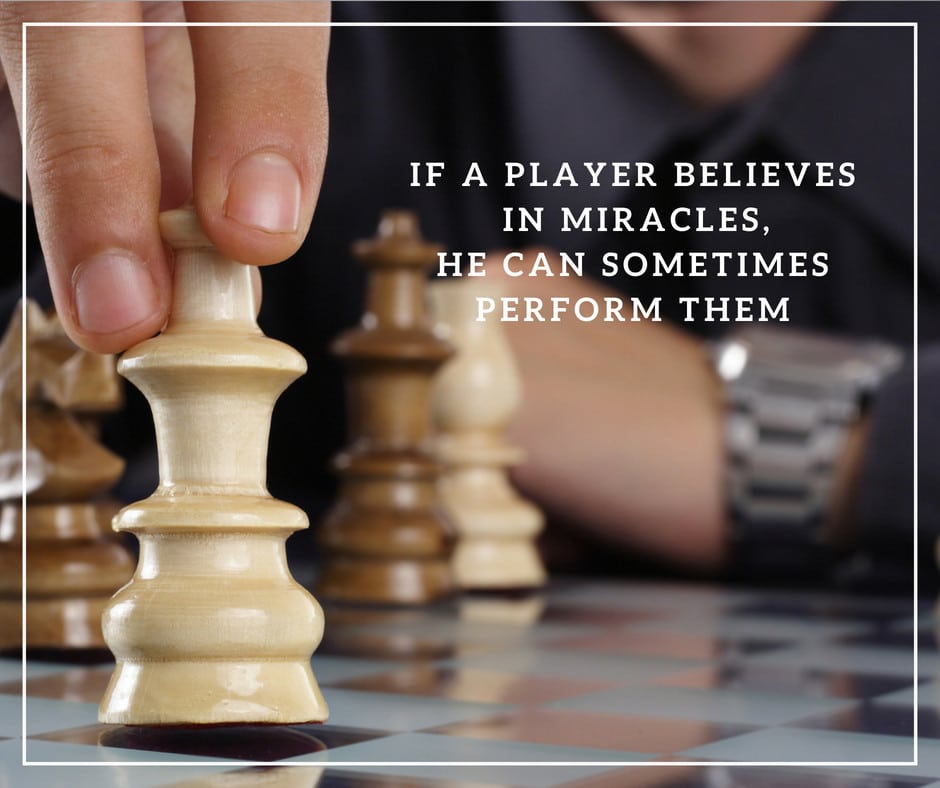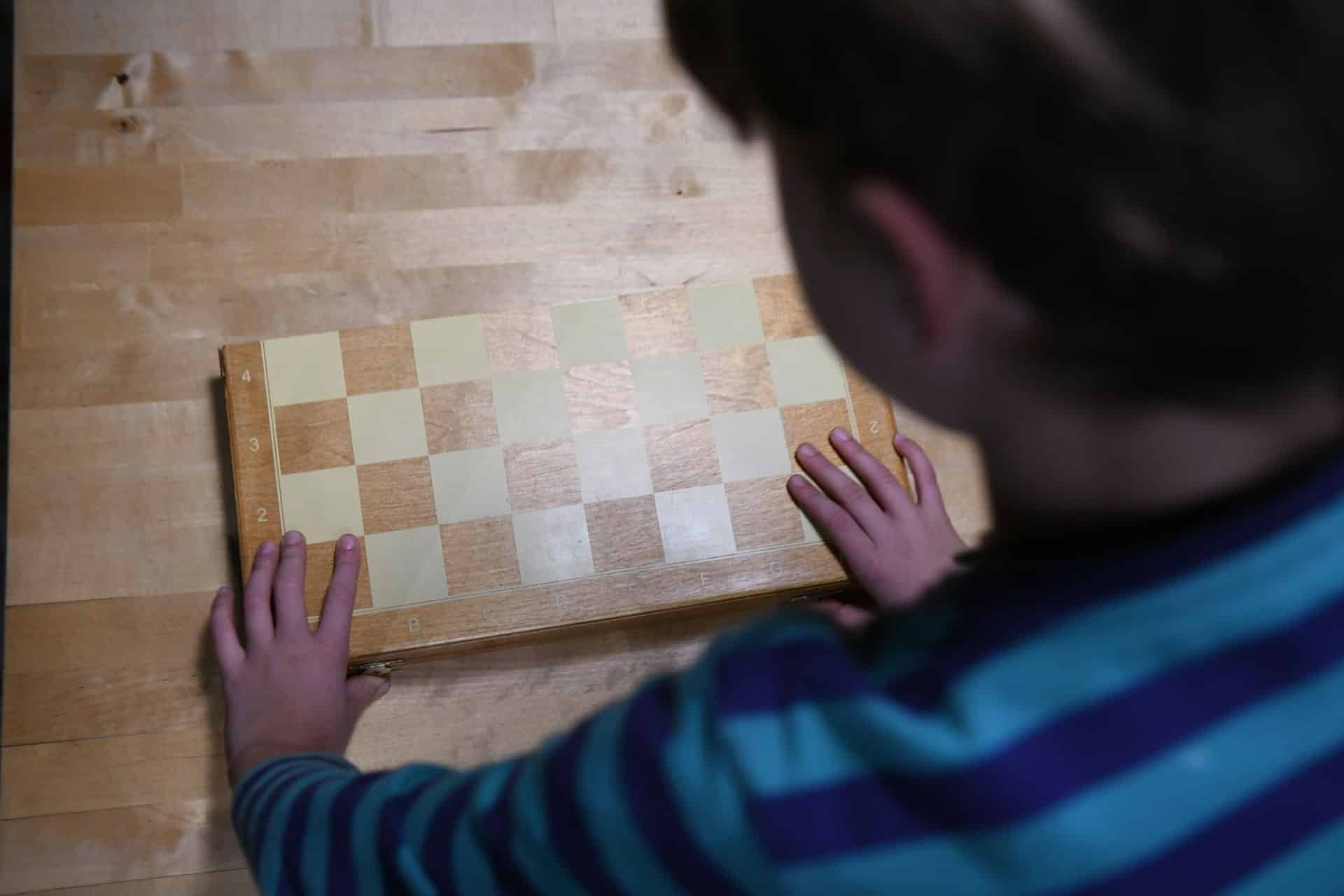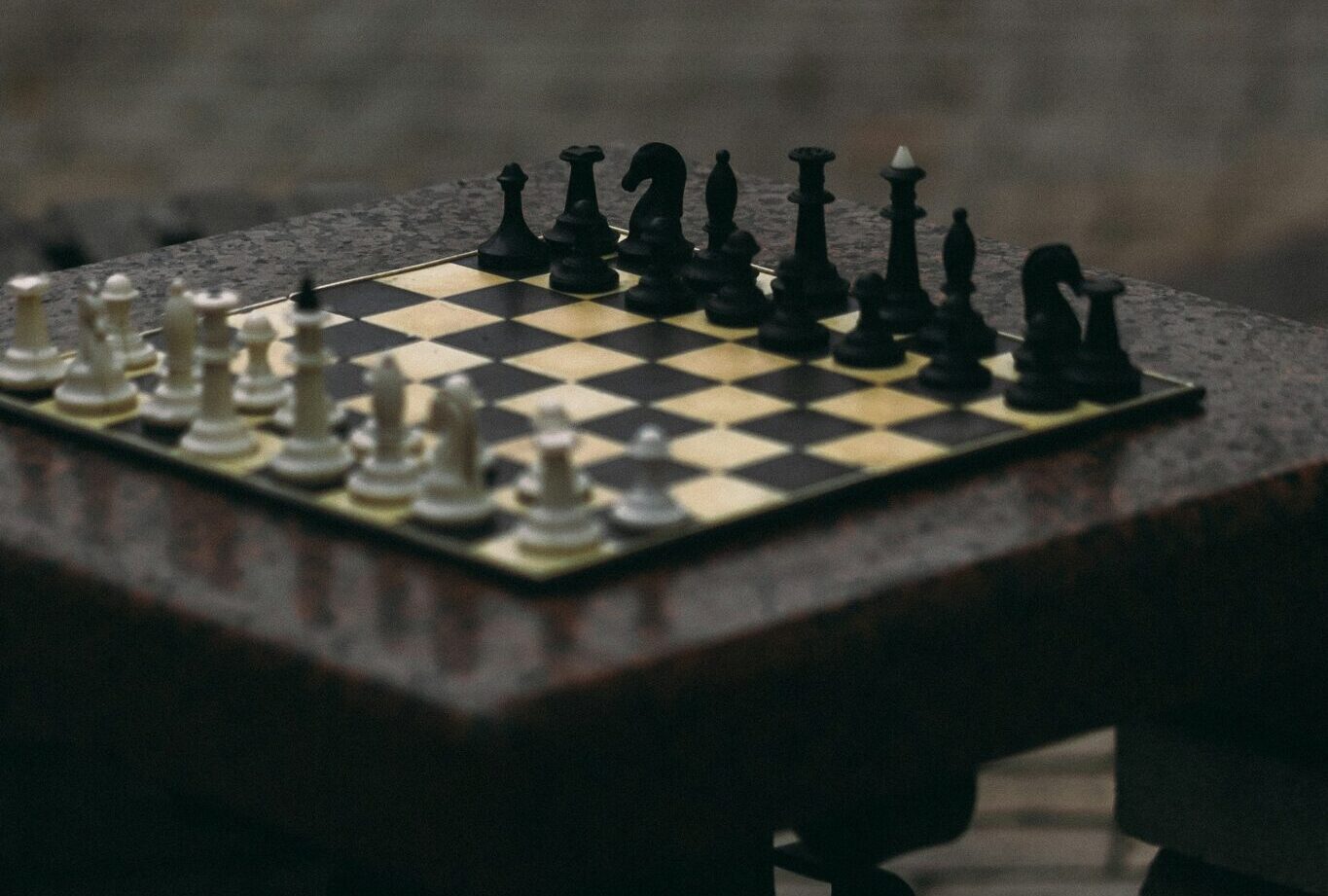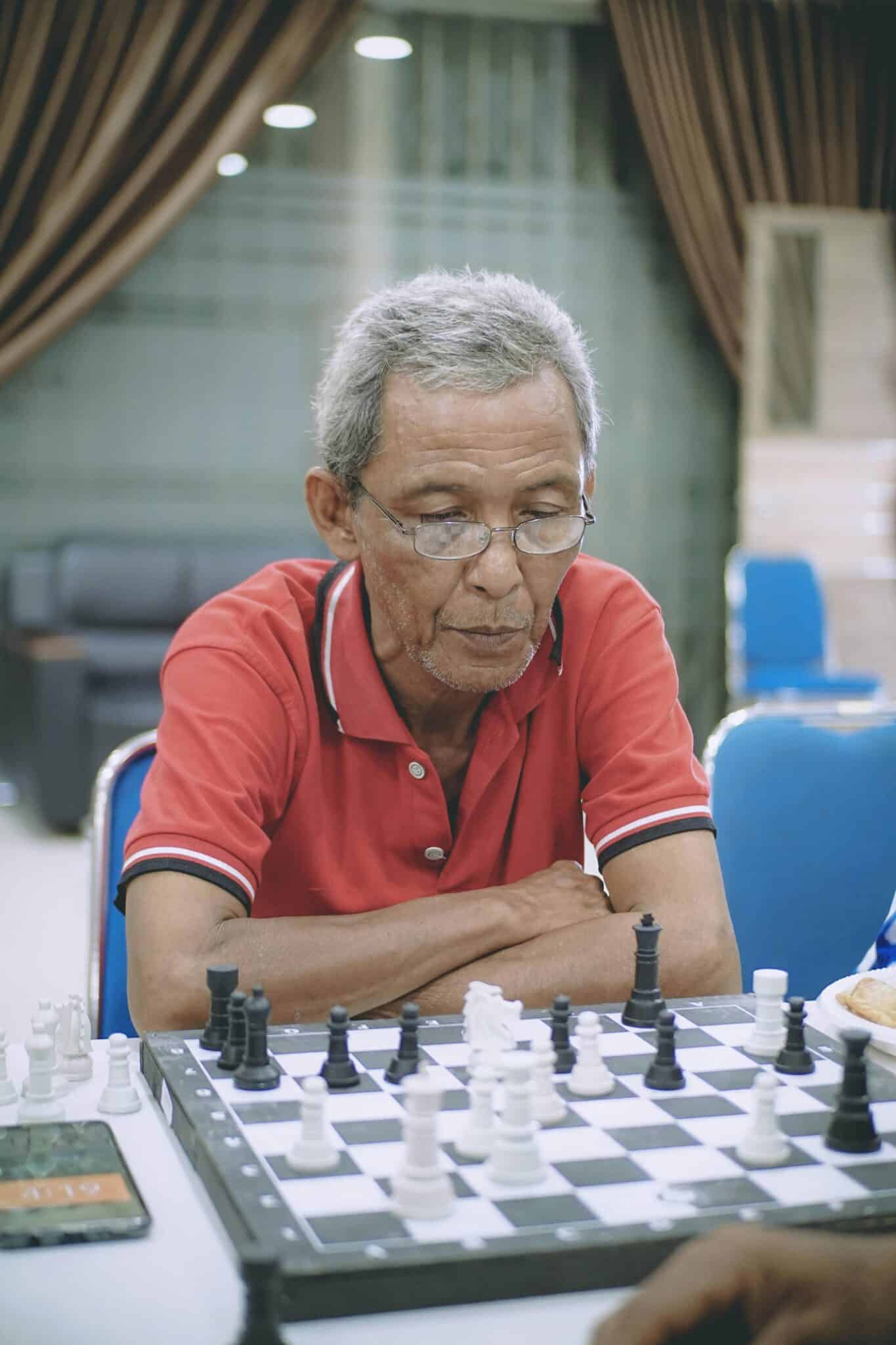Chess is much more than a game. For centuries, it has been an invaluable tool for teaching life lessons as well as a way to hone analytical and strategic thinking, this is Chess of Liffe. The game of chess can provide a powerful metaphor for making decisions in life, helping players have insight into their choices and their outcomes.
From the earliest age, playing chess can help children learn the importance of making smart decisions, preparing for the consequences of their choices, and understanding the strategies of their opponents. Throughout their lifetimes, the game of chess can guide individuals to make the best choices for their situation and lifestyle, all this because of Chess of Liffe.
Table of Contents
Understanding Your Opponent: Chess as a Metaphor for Life
One of the most valuable lessons we can learn from chess is what it can teach us about our opponents. On the chessboard, your opponent is not just the other player—it could also be yourself. The choice of what piece to move, where to move it, and how to attack or defend the board represent our choices in life.
Whether we’re facing an internal or external opponent, understanding their strategies and recognizing the dynamics of their position helps us make better decisions. In the same way that chess players must plan several moves ahead, our life choices require us to make decisions with both the present and future in mind. We must be proactive rather than reactive as we work to reach our objectives.
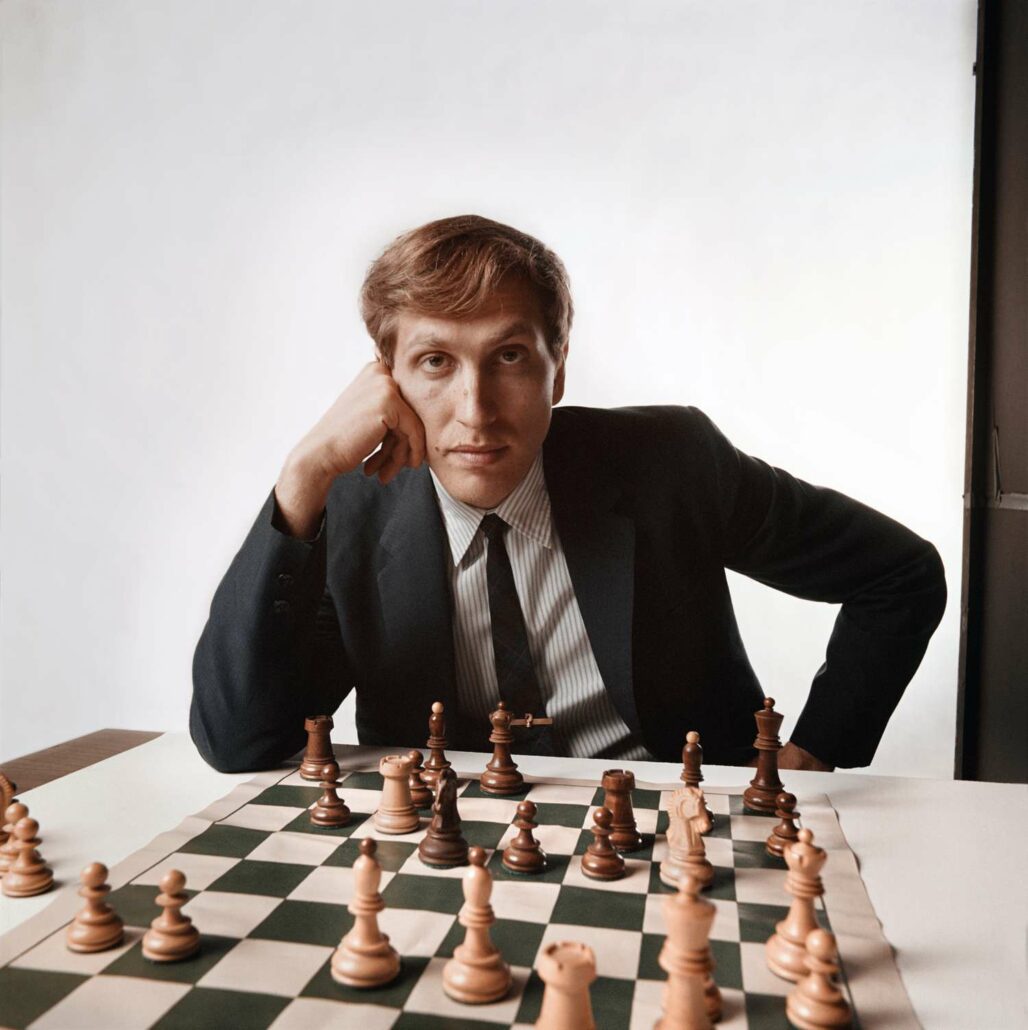
In addition to enabling us to analyze our opponents’ moves, playing chess can help us gain control over our emotions, physicality, and day-to-day mindset. As we get comfortable with the game, we cultivate an effortless sense of focus and awareness, enabling us to make decisions from a less-biased perspective.
Making Strategic Decisions: Chess of Liffe
Chess of Liffe also helps us become more strategic in our decision-making in life. From anticipating our opponents’ moves to positioning our pieces strategically, we learn to plan our moves one at a time in order to achieve our goals. With each move we make, we must think through the implications and take into consideration the many possible outcomes, recognizing that even the smallest moves can have powerful consequences.
From chess, we learn to think out of the box. We become creative and innovative in our decision-making, developing ideas and trying out different scenarios. Just as chess pieces can move in eight different directions and jump in a wide variety of sequences, our life choices can open up a wealth of unexpected possibilities and directions, this is the direction of Chess of Liffe
Chess of Liffe: 15 Invaluable Lessons
The game of chess can give us an understanding of our world and our relationships that often remain unseen to us. We can learn the following lessons from the game:
1.Think Ahead: Chess teaches us to think ahead and have a plan for the future.
2.Be Flexible: Chess encourages us to remain fluid and open to change.
3.Be Strategic: Chess teaches us to plan ahead to create a successful strategy.
4.Be Creative: Chess allows us to explore our creativity and come up with original ideas.
5.Be Prepared: Chess teaches us to anticipate possible outcomes and prepare for them.
6.Stay Positive: Chess helps us stay positive and focus on the positive outcomes.
7.Form Allies: Chess helps us create allies and form coalitions that will help us achieve our goals.
8.Take Risks: Chess encourages us to take calculated risks in order to gain certain advantages.
9.Understand Your Opponent: Chess teaches us to understand our opponents’ strategies and use them to our advantage.
10.Make Sacrifices: Chess encourages us to make sacrifices when necessary in order to get ahead.
11.Be Disciplined: Chess teaches us to be disciplined and control our responses to our opponents.
12.Be Resilient: Chess can help us learn to stay resilient when faced with adversity.
13.Practice Patience: Chess requires a great deal of patience, and teaches us to be patient in life.
14.Stay Focused: Chess helps us stay focused and pay attention to details.
15.Be Persistent: Chess encourages us to never give up and stay persistent even in the face of defeat.
Conclusion
Finally, Chess of Liffe, in both chess and life, strategic decisions and unexpected consequences can have lasting effects. Those who take the time to understand the dynamics of the game of chess can gain the invaluable knowledge and tools to have the power of making informed decisions for their lives. With the game of chess, we learn how to think without bias and prejudice and how to remain open to change and growth. Furthermore, chess can provide a safe space to explore and make decisions without the threat of real-world consequences. Most importantly, we can take the principles of chess and apply them to our everyday lives, gaining the invaluable gift of understanding our world and ourselves.
And some times you should watch some chess memes, because because life without laughter is no life at all. That's what it's all about Chess of Liffe.

